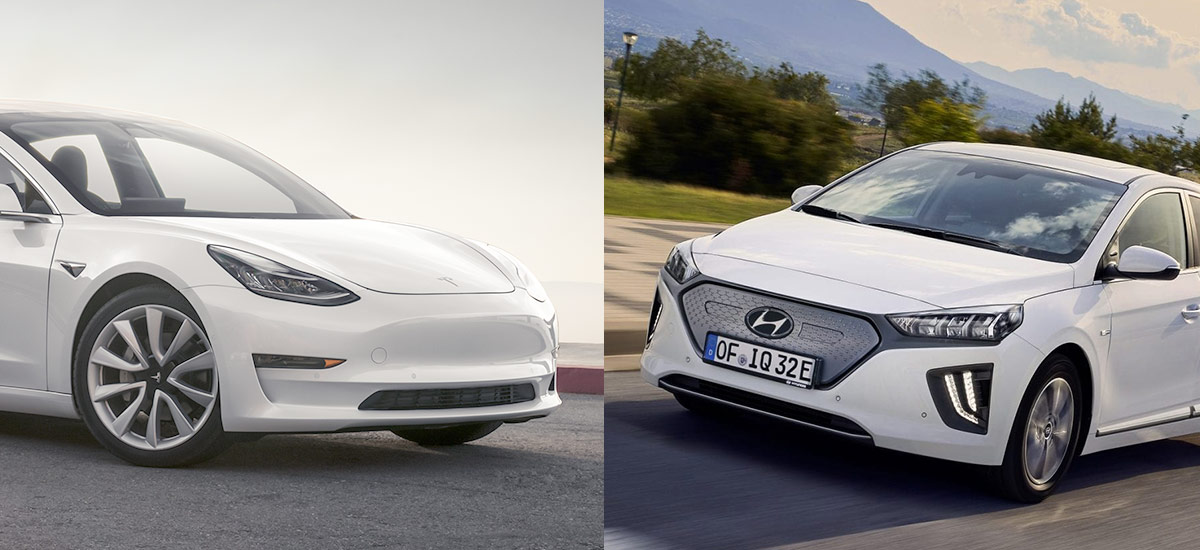
Tesla Model 3 steals the crown of ‘the most efficient EV’ from Hyundai Ioniq
Hyundai Ioniq electric has been the queen of ‘efficiency’ since 2017 but now it has been dethroned by Telsa Model 3 Standard Range Plus with the release of 2020 models of both battery electric vehicles (BEVs) — the latest EPA efficiency ratings suggest.
Hyundai has just launched the new 2020 Ioniq electric with a larger battery pack (38.3 kWh) vs. the smaller 28.0 kWh pack in the 2019 model, this has certainly increased the range of the Ioniq from 124 miles (199.5 km) to 170 miles (273.5 km) but some efficiency has been lost in this transition somehow.
On the other hand, Tesla Model 3 has recently received a few new over-the-air software updates and it gave the car improved efficiency and extended mileage as we reported last month.
What is MPGe?
United States Environmental Protection Agency (EPA) gives every car one chance per year to prove its efficiency ratings — and the efficiency of electric vehicles is presented with MPGe (miles per gallon equivalent) notation, due to the absence of a liquid fuel in EVs, the agency had to develop the new standard in 2010.
In short, MPGe is calculated as:
The ratings are based on EPA’s formula, in which 33.7 kilowatt-hours (121 megajoules) of electricity is equivalent to one (US) gallon of gasoline,[8] and the energy consumption of each vehicle during EPA’s five standard drive cycle tests simulating varying driving conditions (learn more on Wikipedia).
2019 Tesla Model 3 vs. 2019 Hyundai Ioniq electric
I have arranged the following screenshots from the EPA website in a model year to model year comparison of the Model 3 vs. Hyundai Ioniq in order to understand the differences much more easily.
The 2019 Tesla Model 3 had a combined MPGe rating of 133 miles vs. the Ioniq electric’s 136 miles — this was mainly due to the better performance of the Ioniq in city driving (150 MPGe), this is almost three times more than a Toyota Prius Hybrid can run on one gallon of gasoline (top figure 58 MPG).
Model 3’s better performance on the highway is due to its optimal drag coefficient i.e. 0.22Cd vs. the Ioniq’s 0.24Cd — 0.02Cd is a huge difference-maker when it comes to efficiency and racing performance. In 2019 EPA rated both cars to have a $4,750 worth of fuel cost savings over a 5-year ownership period.
2020 Tesla Model 3 vs. 2020 Hyundai Ioniq electric
The latest firmware updates to the Tesla Model 3 made it the winner in efficiency for the model year 2020 as it uses 24 kWh of energy for a 100-mile commute as compared to 25 kWh in 2019 while the new 2020 Ioniq electric stays at the same 25 kWh energy consumed for per 100 miles.
Improved use of energy in the 2020 Tesla Model 3 earned it a 141 MPGe (combined city/hwy) rating, a bump of +8 MPGe from the 2019 Model 3 — while the 2020 Ioniq electric lost -3 MPGe vs. its 2019 model year car dropping from 136 to 133 MPGe combined.
According to EPA the 2020 Tesla Model 3 now saves you even more on fuel, within a 5-year ownership period, $5,000 worth of fuel is saved by the Model 3 vs. Ioniq electric’s same as previous $4,750.
Looking at the 2019 sales electric vehicle sales statistics in the United States by InsideEVs, Hyundai was able to sell only 391 Ioniq electric units vs. Tesla Model 3 hitting the top of the chart with 111,650 cars sold till September — that’s a huge margin, really it is, let us know your thoughts in the comments section below.
Source: FuelEconomy.gov
Follow us on Google News ![]()



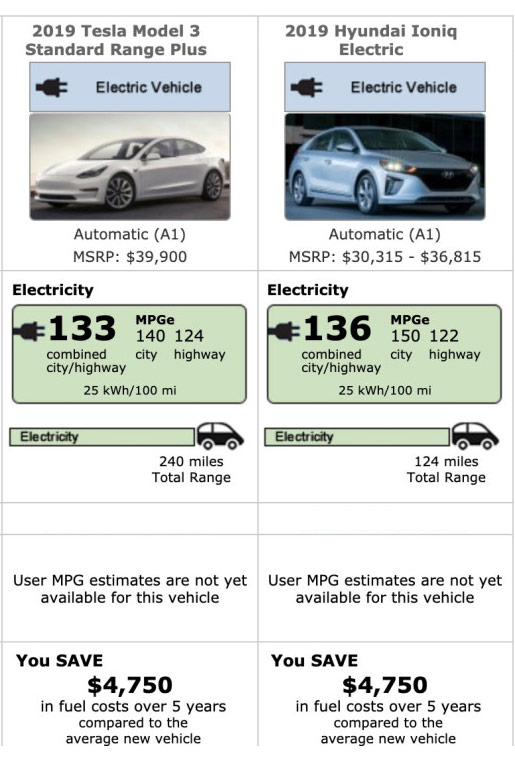


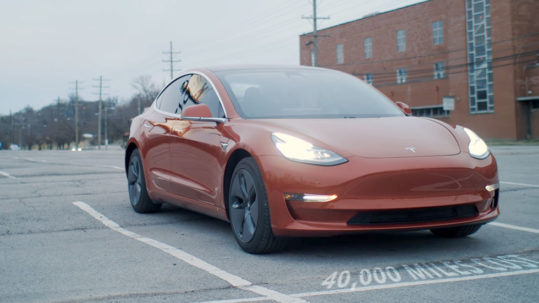
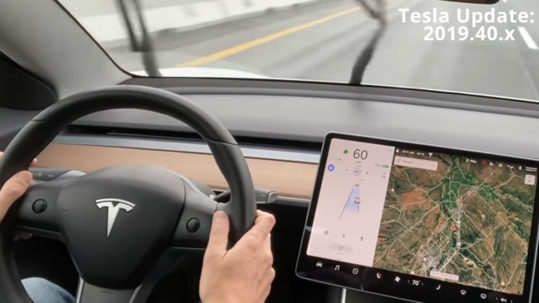
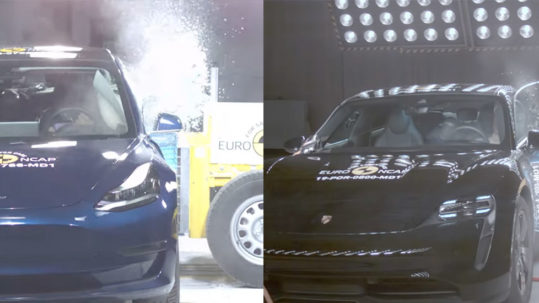

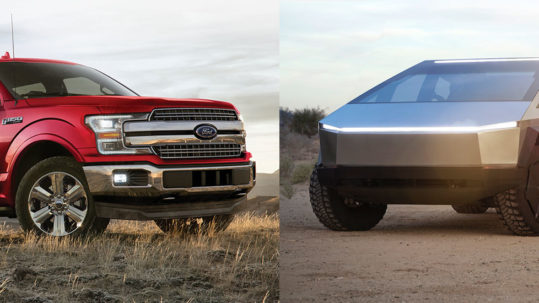
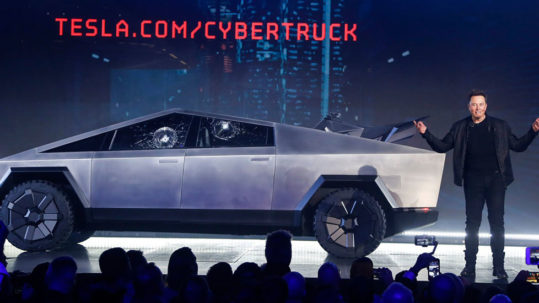

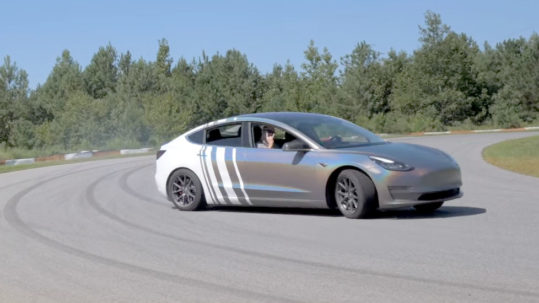
No Comments